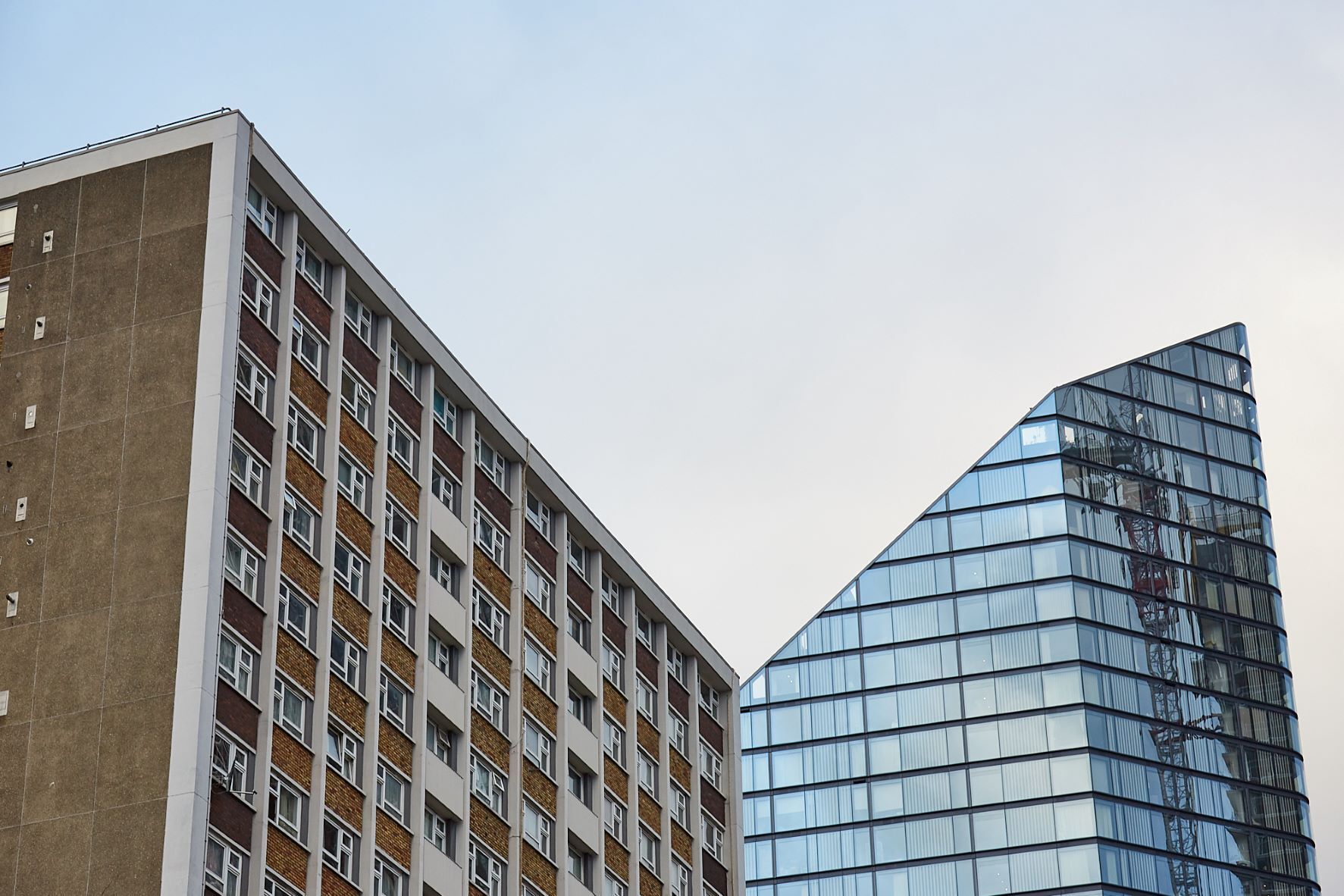
The crisis that Britain is enduring as it approaches a bleak autumn and winter period, set to be characterised by a further surge in the cost of living, is no secret. Much has been made of soaring inflation and interest rates, with acknowledgement of the tremendous pressures these are placing on lower-income households across the country, struggling with their bills and having to cut back on essentials just to get by. Of less attention however is the impact these developments will have for London and Londoners specifically.
Thanks in part to the government’s commitment to ‘level up’ the UK, the national conversation around tackling deprivation and poverty has centred around addressing the challenges that other areas face – particularly those in the northern ‘Red Wall’ which served as the key battleground of the 2019 general election. Reducing geographical inequality is undoubtedly an important aim that ties in with alleviating the current cost-of-living crisis, but one that doesn’t share the full story of the current predicament.
Almost 1 in 10 (9 per cent) of Centre for London survey respondents said that they were getting some of their groceries from a food bank.
The fact is that London has consistently remained the region with the highest rate of poverty nationwide, as highlighted in a report by the Joseph Rowntree Foundation earlier this year, which attributed this disparity to the capital’s uniquely high housing costs. Furthermore, the recent spike in the cost of living has disproportionately hurt London, which is experiencing a higher rate of inflation than the rest of the UK, the driver of this similarly being the increasing cost of rent.
Many Londoners are now living precariously: polling data Centre for London collected back in spring revealed that a quarter of all respondents wouldn’t be able to meet an unexpected expense of £500.
Because of the proximity to power and opportunity within the Capital, home of the national government as well as tremendous amounts of wealth and economic activity, it can be difficult to envisage it as a place in need of its own targeted support. Though just like elsewhere, London has levelling up needs of its own. Minutes away from the glistening skyscrapers of Canary Wharf are Poplar and Stratford; we at Centre for London identified major differences in economic and social outcomes amongst their vulnerable communities in our report on East London’s levelling up challenges, all tied together by a need for more investment into high-quality local services and greater community involvement to facilitate regeneration within these areas. City-wide, this also largely remains the case, and above all there is a desperate need for recognition of the tremendous inequality present between those prospering and those living in deep poverty within London.
The risk is not just that these challenges will be ignored in the public eye, but actively made worse if the government’s approach involves effectively ‘levelling down’ London, by neglecting the city’s issues whilst catering for elsewhere. Our ongoing research on what levelling up means for London warns that a shortage of funds for affordable social and affordable homes, transport, and public services in London may worsen these issues in the coming years, which in the current context of dilemmas, including the very uncertain future of the London transport network, makes for grim reading.
Policy solutions to these problems may or may not be on the way, but how are London’s most vulnerable and marginalised residents currently coping? Our polling data from spring revealed that almost a quarter of Londoners (23 per cent) found food either unaffordable or very affordable, compared to 12 per cent when the same question was asked in June 2021. In the absence of adequate government support that matches the higher cost of living in the city, people are having to turn to the assistance of charities and community groups, and almost 1 in 10 (9 per cent) of our survey respondents said that they were getting some of their groceries from a food bank.
The recent spike in the cost of living has disproportionately hurt London, which is experiencing a higher rate of inflation than the rest of the UK.
These statistics would be shocking enough on their own, but the reality is that, with further difficulty still to come, an even greater number of Londoners are on the brink of falling into poverty, increasing the dependency on the third sector to fill the void and assist them. Hit hard by the pandemic and years of funding cuts prior, this means charity workers and volunteers need to see greater support coming their way from the public sector as they inevitably deal with greater demand for their services. If the government are serious about their long-term objective of cutting inequality and poverty, working hand-in-hand with those on the frontline to prevent another winter of discontent in the short-term will be a necessary start.
The rising in cost of living will affect us all and it will be challenging, but it won’t be felt equally. Our most vulnerable and marginalised Londoners urgently need our support. Donate today to the Together for London appeal to help London's marginalised and excluded communities to get through this crisis.

